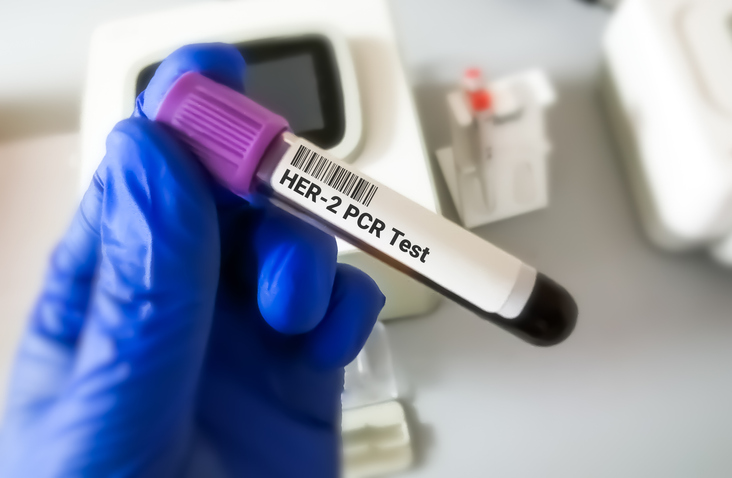
In patients with high-risk HER2-positive breast cancer, adjuvant trastuzumab emtansine (T-DM1) reduces the long-term risk of death and invasive disease by 46% compared to trastuzumab alone, according to the findings of the phase III KATHERINE clinical trial, which were published this week in the New England Journal of Medicine.
“KATHERINE is a landmark clinical trial that found T-DM1 had such improved activity relative to trastuzumab that the results were reported earlier than had been anticipated when the study was originally designed. The results changed the standard of care globally for patients with HER2-positive early breast cancer,” said lead author Charles E. Geyer Jr., M.D., professor in the Division of Malignant Hematology and Medical Oncology at the Pitt School of Medicine, UPMC Hillman, and UPMC Magee-Womens Hospital, via a press release about the study. “We continued to follow patients to understand the full magnitude of the benefit, and we now show that T-DM1 leads to stable long-term improvements in invasive disease-free survival and improves overall survival.”
In the KATHERINE trial, researchers assessed 1,486 patients with human epidermal growth factor receptor 2 (HER2)-positive early breast cancer who had residual invasive disease in the breast or axillary lymph node in the neoadjuvant setting, received treatment with taxane-based chemotherapy and the HER2-targeted agent trastuzumab, and surgical removal of the tumor.
Following surgery, all patients were randomly allocated to either adjuvant standard trastuzumab or T-DM1. At the 7-year follow-up, the findings showed that invasive disease-free survival was 80.8% with adjuvant T-DM1 and 67.1% with adjuvant trastuzumab alone. Overall survival was 89.1% with T-DM1 and 84.4% with trastuzumab alone.
The investigators noted that while adverse events were higher in the T-DM1 group (26.1%) compared to those who received trastuzumab (15.7%), the overall safety of the drug was considered acceptable.
“When I started my career in oncology, we knew that some breast cancers were more aggressive, but we didn’t know why,” said Dr. Geyer. “From the excitement of identifying HER2 gene amplification and resultant protein overexpression as a targetable oncogene, through the development of drugs targeting HER2 amplification and evaluating them in landmark clinical trials, I’ve had the privilege of being part of the HER2 story, and it’s incredibly satisfying to have been part of a research effort that has led to a new standard of care for patients with this disease.”

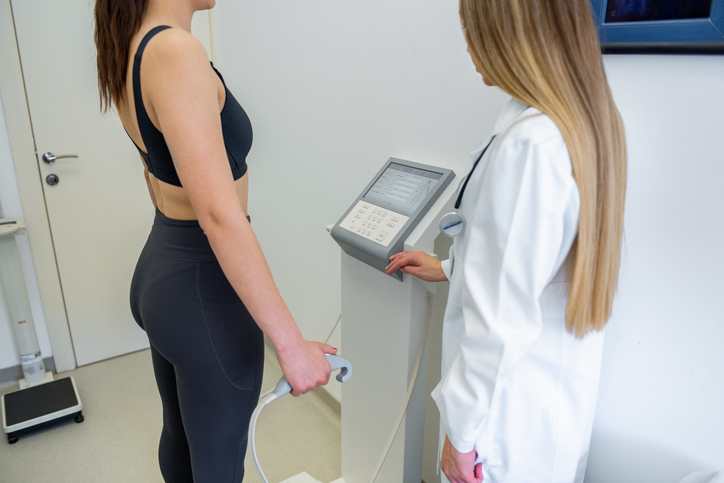
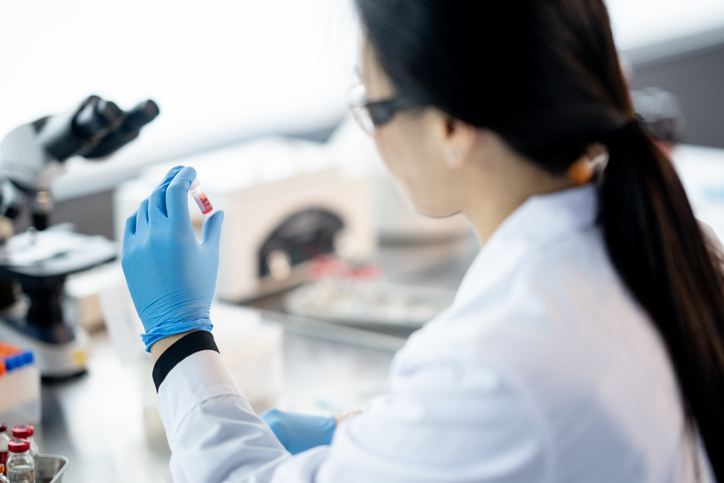
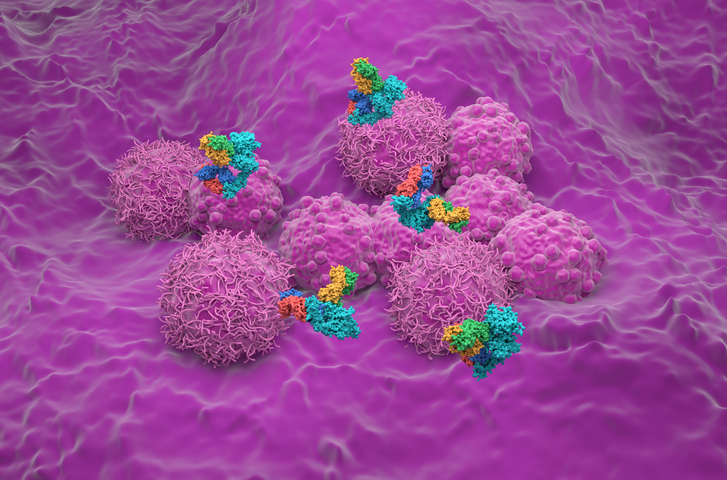
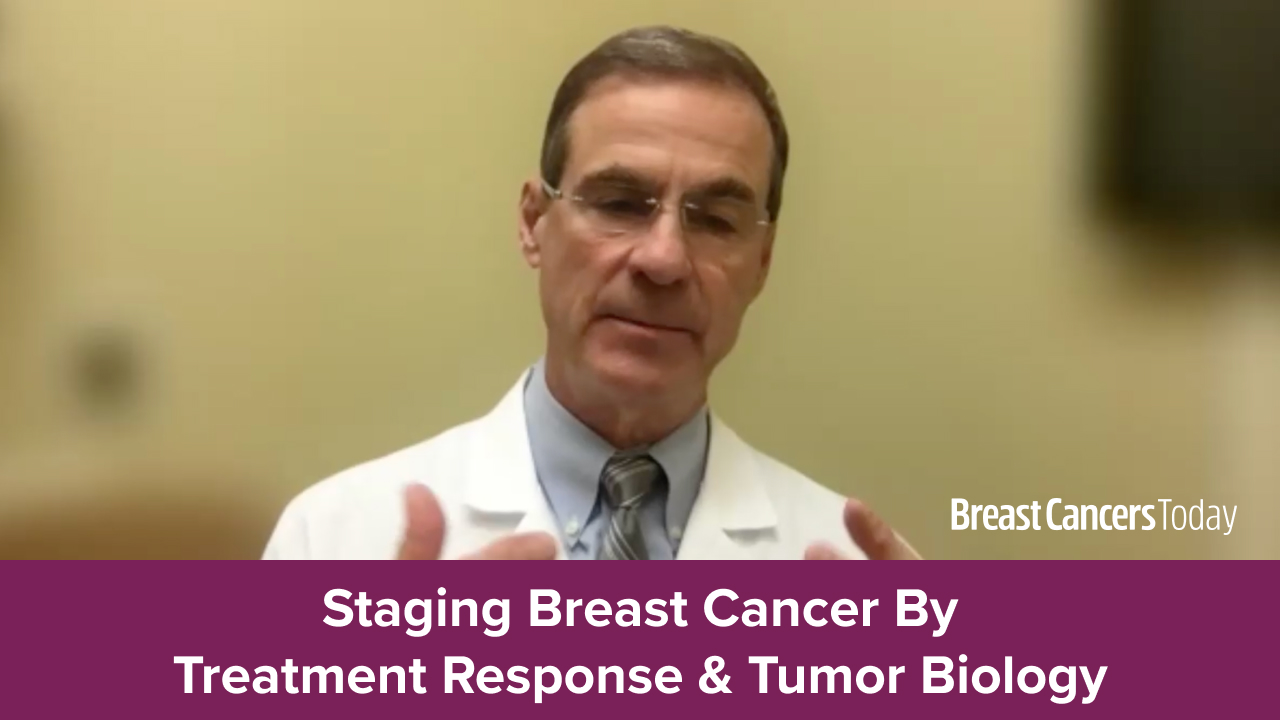
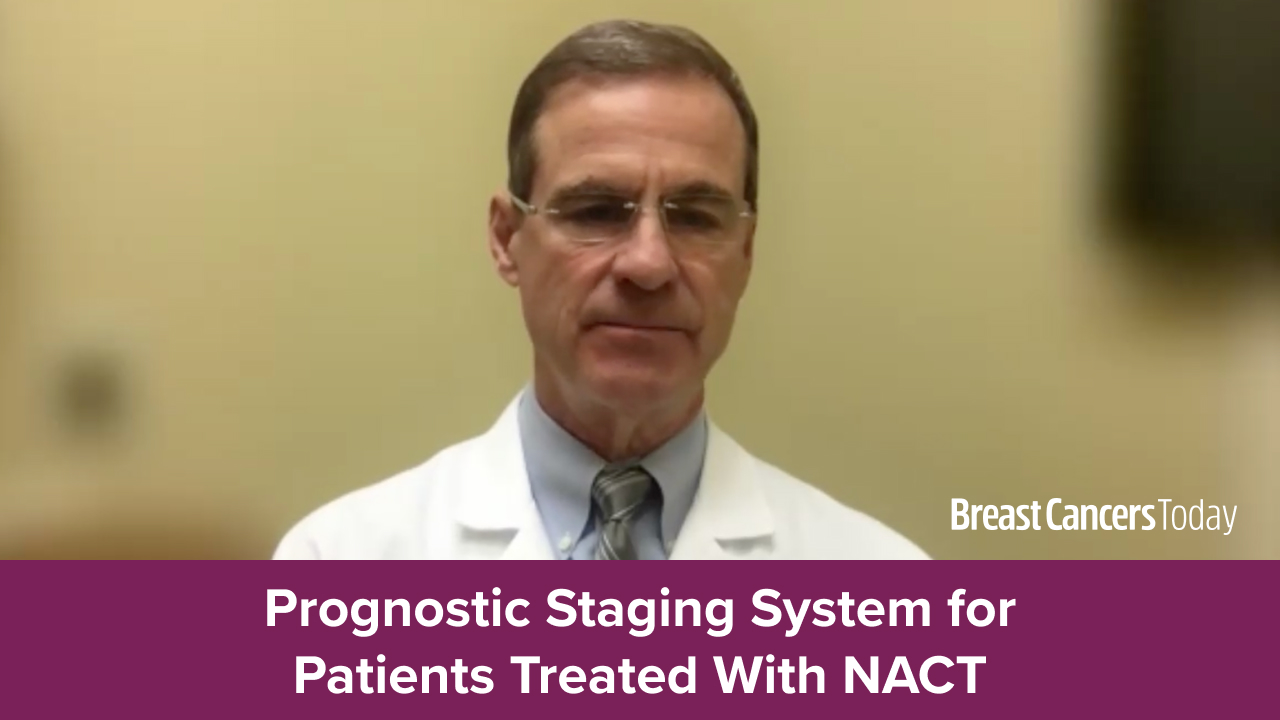

 © 2025 Mashup Media, LLC, a Formedics Property. All Rights Reserved.
© 2025 Mashup Media, LLC, a Formedics Property. All Rights Reserved.